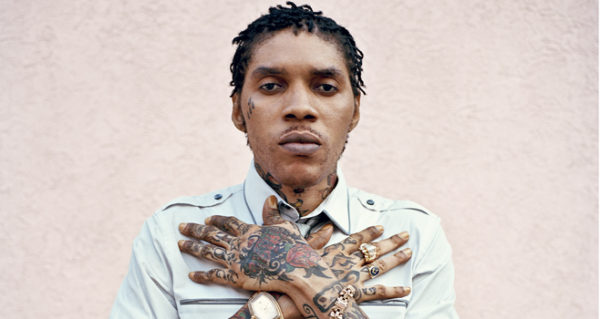Petra Alaine Robinson, in her dissertation “Skin Bleaching in Jamaica: A Colonial Legacy”, argues that, although the desire for lighter skin color is a global issue, it is of particular relevance and significance in Jamaica because “the majority of the population is of African descent, yet there is an elevation of Eurocentric values and a denigration of Afrocentric values in many facets of life, specifically in the promotion of light skin as an indicator of beauty and social status”.
“If we really want to control the spread of the skin-bleaching virus, we first have to admit that there’s an epidemic of color prejudice in our society,” said Carolyn Cooper, a professor of literary and cultural studies at the University of the West Indies, writing in The Jamaica Gleaner newspaper.
What make matters worse, most Jamaican bleachers use over-the-counter creams, many of them knockoffs imported from West Africa. Long-term use of one of the ingredients, hydroquinone, has long been linked to a disfiguring condition called ochronosis that causes a splotchy darkening of the skin. Doctors say abuse of bleaching lotions has also left a web of stretch marks across some Jamaicans’ faces.



